 Millennials are loosely defined as those who reached adulthood around the year 2000, with an estimated 76 million living in this country. As the last generation born in the 20th century, millennials tend to be more confident about themselves and the future, in part from being a product of the helicopter parenting generation. They’re the most ethnically diverse generation and most socially-networked. They’re saving more than their parents did and waiting longer to buy their homes.
Millennials are loosely defined as those who reached adulthood around the year 2000, with an estimated 76 million living in this country. As the last generation born in the 20th century, millennials tend to be more confident about themselves and the future, in part from being a product of the helicopter parenting generation. They’re the most ethnically diverse generation and most socially-networked. They’re saving more than their parents did and waiting longer to buy their homes.
Are you a millennial looking to buy your first home? You can save money with tax write-offs, from mortgage interest to real estate fees. Check out these tips to buying a home and saving some cash on tax write-offs.
Mortgage Interest
A mortgage is the single most expensive thing you’ll take on in your life. That’s because you have to repay the basic amount plus all the interest – paying thousands of dollars in interest annually even at a modest rate of three percent. Fortunately, you can deduct the mortgage interest you pay on both primary and secondary residences up to $1 million in mortgage debt, says The Nest.
Mortgage Points
Especially for your first mortgage, it’s likely you’ll have to pay points, also known as loan origination fees. Since these points are considered prepaid interest, they are tax deductible over the life of the mortgage. Points are the only thing you can deduct as part of your closing costs, so don’t plan on being able to deduct legal fees, commissions, home appraisals and other costs from closing.
Private Mortgage Insurance
Known for short as PMI, this fee is what you’ll pay if you can’t put at least 20 percent of the home’s sale price down. In this case, an extra cost called PMI is added to your mortgage, which is designed to protect the lender against losses if you can’t pay the bills. This is a form of mortgage interest, so go ahead and deduct it.
Real Estate Taxes
As a property owner, you have to pay real estate taxes to sustain public offerings in your community such as schools, parks, roads and libraries. You can write off these real estate taxes provided they are based on your home’s value.
Renovations
Typically, home renovations are not tax deductible, but if you implement certain energy efficient upgrades, you may qualify for federal tax credits. You may be able to claim up to 30 percent of things like small wind turbines, solar panel systems, fuel cells, geothermal heat pumps and solar-powered water heaters, according to Energy Star. In addition, if you have to accommodate someone in a wheelchair who lives in your home, you can deduct these renovations as medical expenses.
These tax tips can make your first home buying experience just a little bit easier on the wallet!
